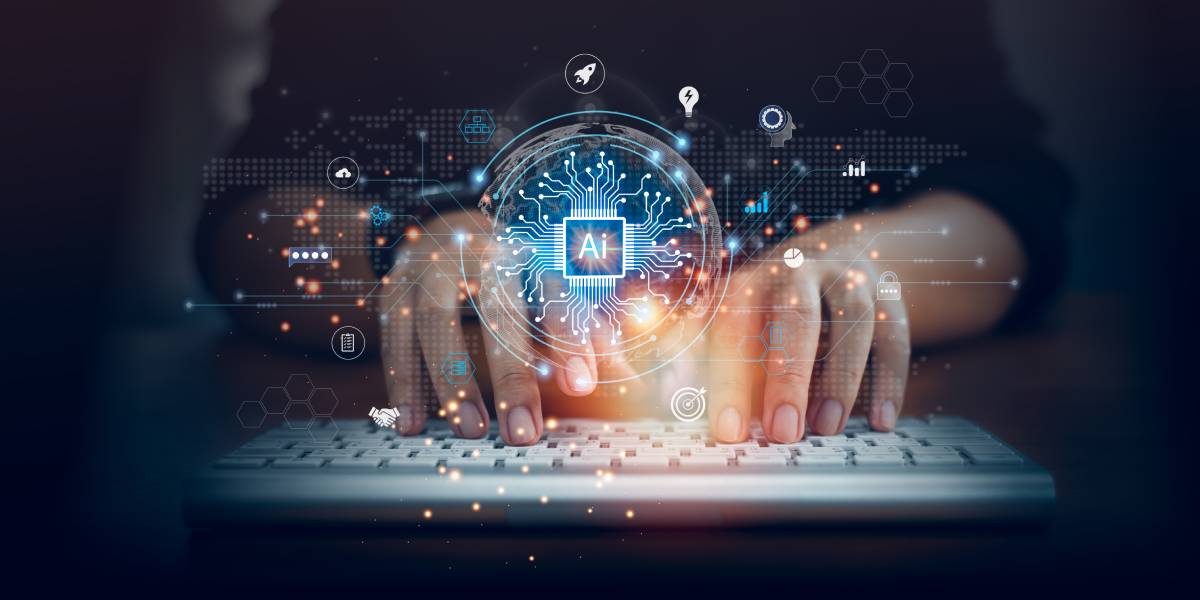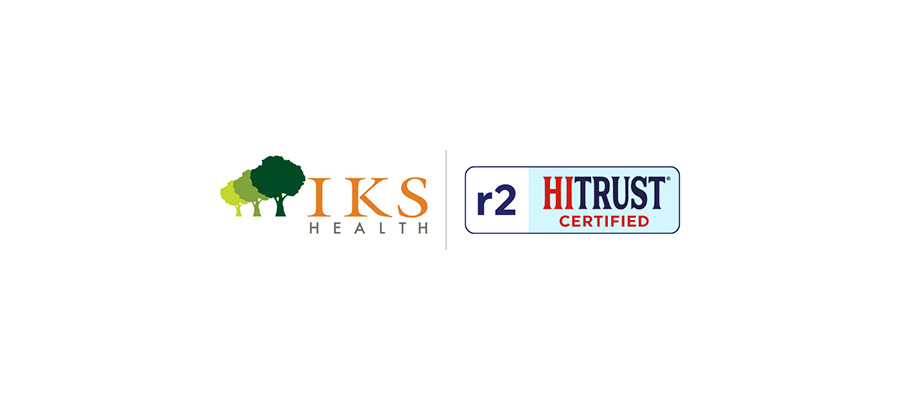Driving Productivity and Business Metric Through HR Digitization

As HR teams continue to impact businesses from a more integrated solutioning perspective, the new-age digitization of human resource management enables the department to contribute with data-driven insights that help in the strategic positioning of business.
Digitization of HR processes allows businesses to track, monitor and assess performance vis-a-vis business goals/targets, furthermore creates predictive analysis for improving and fortifying HR processes to improve decision making and employee experience.
Human Resource function as a business value creator has essentially become central to creating large sets of data and insights. Digital transformation has strengthened the HR delivery process by making it truly customer centric. Digitization solves many data centric challenges, and adoption of it is a necessity for HR to continue to be relevant. The past decade has seen a swift movement in how HR has adopted evidence-based HR delivery processes. Organizations today are leveraging the digital platforms based on Artificial Intelligence (AI), Machine Learning (ML) and Internet of Things (IoT) in a big way.
HR functions are not just restricted to reporting data through these tools but are deriving insights through predictive analytics. The unified model is dependent on, firstly maintaining the core employee data for the organization, thereafter creating the statistical model. This enables HR with analysing existing behaviour and patterns, leading to visualizing the need of the future, predicting behaviour and decision making. Some of the immediate applications of this are in talent acquisition, compensation architecturing, rewards designs, employee experience designs, performance monitoring and learning needs. So far this integration of data science with the HR function has been significantly impactful. We will inspect some of the areas in which digitization and data science can be leveraged:
Employee Lifecycle
As an employee advances through their career in an organization, digitization of the records becomes fundamental. HR strategies revolve around the business; therefore, it is crucial to managers for tactical actions. Managers can be made more independent and empowered by digitization. Data gets collected and fed into these frameworks creating idiot-proof decision making platforms for compensation, appraisal, rewards, engagement and promotion. Thereby allowing businesses to track, monitor and assess performance vis-a-vis business goals/targets.
Automated Learning Platforms
Digitization helps organizations create an environment that is conducive for employees to choose to upskill themselves as per their own conveniences without hampering their deliverables. An essential element of an intelligent platform is that it can cherry pick courses/modules for specific groups of individuals to prepare them for the next stages of their careers. An automated platform allows employees to be productive faster through continuous learning interventions and capability development, it enables learning on the go and democratizes the process of learning for the workforce. With the fast-paced development of the EdTech industry, it is incredible how organizations can now collaborate for knowledge support that can be integrated with internal learning platforms.
Talent Management Conversations and Decisions
Today organizations are growing at a rapid pace, and the world is shrinking as rapidly. This has resulted in multi geography, multi business lines and cross functional expansion for most organizations. Consequently, HR teams need to build capabilities that enable cross-geography and business line talent movement. An excellent example for this is how TCS is turning into a talent factory for the Tata Group of Companies for leadership roles. A data driven HR management system is capable of showing risk factors and pointing out gaps. Resulting in better decision making, talent positioning and multi-pronged (geography, business lines, industry) movement for employees within the organization.
Actionable Insights
The insights generated through data analytics of employee lifecycle become critical to understand attrition. These insights can lead us to the source of hiring effectiveness, through to employee engagement and other nuances of how any employee has experienced and/or benefitted at the organization. Organizations can create actionable insights through these data points and redesign the employee management frameworks. Data science and analytics have served employee experience curation on a platter now.
Future-Ready Recruitment Process
It has become increasingly critical for organizations to hire the ‘right fit’ for their organizations. Data driven preselection process, deployment of artificial intelligence to screen the right candidates, predictive analysis and optimized job descriptions are only some of the processes that aid the talent acquisition team at a higher
New Ways of Working
With the world swiftly moving to a hybrid and dynamic working situation, the usefulness of digitization has only heightened in its contribution to organizations. These tools can monitor employees, their performance, and their needs with no or minimal human intervention. Managers can rest assured that these platforms are keeping the necessary checks and balances in places from a pure productivity standpoint. Managers can then have the opportunity to connect with the teams on a human level and care for mental wellness of the employees.
The pandemic and the post pandemic world have demonstrated the intrinsic need for HR to be a crucial part of the digital metamorphosis. As HR teams continue to impact businesses from a more integrated solutioning perspective, the new-age digitization of human resource management enables the department to contribute with data-driven insights that help in the strategic positioning of business.

Abhay Srivastava
Chief Human Resources Officer at IKS Health Limited


